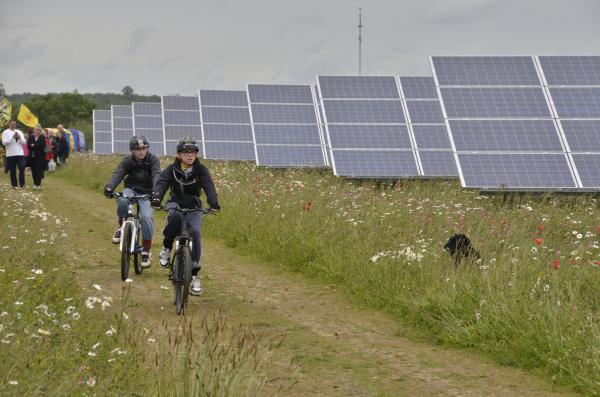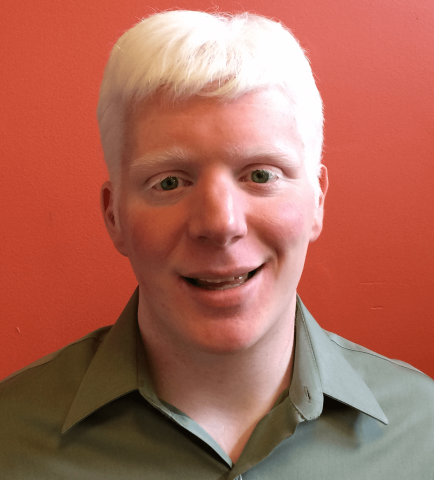
By Ben Delman, Community Power Network
It is well understood that the growth of renewable energy presents an opportunity to preserve our environment. Less discussed is the potential renewable energy has to strengthen the economic well being of our communities. Specifically, the growth of locally-owned solar energy provides an opportunity to more fairly distribute the economic benefits of electricity production. It is this more equitable distribution that will allow the market for renewable energy to quickly scale to aid climate change mitigation.
Fossil fuel and nuclear energy production operates through large, centrally-owned power plants that sell power to customers. This system of ownership concentrates the wealth generated by electricity production in a small number of hands.
By contrast, renewable energy, particularly solar, can offer a model in which individuals have a stake in the energy they use to power their daily lives. Unlike traditional sources, solar electricity can be produced at or near the site where the electric is used. When solar energy is produced this way, it is known as distributed solar energy. Solar panels on a home or business are a good example of distributed solar energy.
Distributed solar can give consumers ownership over their energy consumption. This builds support for renewable energy. Communities that have been left behind by the current energy economy can use distributed solar energy to empower themselves.
Every energy source, whether it is coal, gas, nuclear, or solar relies on a set of policies that allow it to operate. Solar, as the most recent entrant to our energy mix, has the biggest policy hurdles to overcome. These hurdles have been made steeper by incumbent energy sources that see solar as a threat to their business model. They have lobbied and spent significant sums to create barriers to renewable energy development.
As a growing sector, strong public support is a crucial component in the fight to overcome these barriers. People who want solar on their roofs find they have to join together and advocate to put policies in place that allow them to go solar.
One way individuals have joined together is by forming solar co-ops. In this model, individuals come together to form a purchasing group. Co-op members work together to better understand how solar energy works, and if it is the right purchase for their home. The group is then able to leverage its bulk buying power to select an installer that offers the best value to the group. This is a fair trade that gives the group members a discount on their purchase while providing an installer with a strong business pipeline. The co-ops build a sense of community around solar which engages co-op members to participate in advocacy around solar.
Most people who make the transition to solar power do so because it works for their family’s bottom line. Distributed solar energy can make renewable energy affordable for families at all income levels. This is especially valuable in low-income communities.
Low-income families spend between a quarter and a third of their income on energy. The current energy model does not work for these families. The billions of dollars we spend annually on energy assistance for low-income families subsidizes big energy companies without improving conditions in the communities that need it most.
Distributed energy through solar offers a better alternative. It allows communities to create a long-term solution to the burden of energy costs faced by low-income residents. Generating clean, renewable energy is a powerful tool for economic development, poverty reduction, and mitigating the public health risk of pollution-generating fossil fuel plants that typically concentrate in low income communities and communities of color.
It is clear we need to transition to cleaner forms of energy. What is less clear is how, or if that transition can take place. Distributed renewable energy offers a path forward by better distributing the benefits of electricity production. These shared benefits build the supporter base that clean energy needs to grow into the climate change solution that we all need.

Ben Delman is the Communications Manager for the Community Power Network, a national network of local, state, and national groups working together to promote locally-based renewable energy.
Follow us: Twitter YouTube Facebook